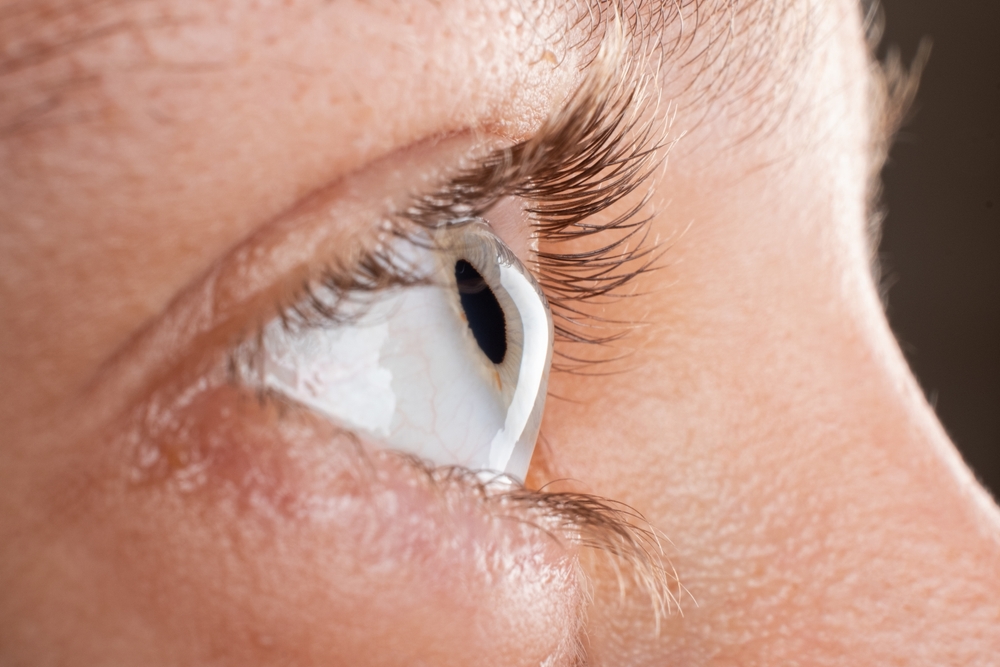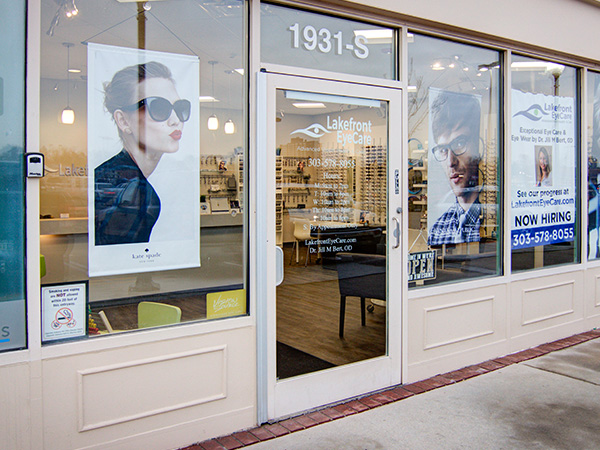
Keratoconus is a progressive eye condition that affects the shape and clarity of your vision. Over time, the cornea can thin and bulge outward, creating an irregular curve that makes it harder for your eyes to focus properly. Early diagnosis and modern treatment options can help you maintain clear, comfortable vision.
What Is Keratoconus?
In healthy eyes, the cornea has a smooth, rounded shape that focuses light properly onto the retina. With keratoconus, the weakening of corneal tissue causes it to thin and protrude, creating distorted and blurred vision. The exact cause is not fully understood, but genetics, eye rubbing, and certain medical conditions may play a role. It often develops in the late teens or early adulthood and can progress over several years.
How Does Keratoconus Progress?
Keratoconus typically progresses through different stages over time. In the early stage, mild corneal thinning and slight vision changes may occur. These vision changes are often manageable with glasses or soft contact lenses.
As the condition moves into the moderate stage, the cornea becomes increasingly steep and develops irregular astigmatism. At this point, standard vision correction methods, such as glasses or traditional contact lenses, may no longer provide clear vision.
In the advanced stage, significant corneal distortion and possible scarring can develop. This level of progression often requires specialty contact lenses, in some cases, surgical intervention to restore functional vision.
The rate of progression varies from person to person. For some, keratoconus may stabilize after a few years, while for others, it can advance more rapidly and require earlier intervention.
Recognizing the Symptoms of Keratoconus
You may not notice keratoconus in its earliest stages without an eye exam, but common symptoms include:
• Blurred or distorted vision
• Increased sensitivity to light and glare
• Frequent changes in eyeglass prescriptions
• Difficulty seeing at night
• Eye strain or headaches from visual fatigue
Because keratoconus can develop gradually, routine comprehensive eye exams are crucial for early detection. Advanced diagnostic tools can identify subtle changes in corneal shape and thickness before symptoms become severe. Regular monitoring also helps track progression and adjust treatment as needed.
How Is Keratoconus Treated?
Treatment depends on the stage and severity of the condition:
• Early stages: Glasses or soft contact lenses may be sufficient.
• Moderate to advanced stages: Specialty contact lenses, particularly scleral lenses, are often recommended.
• Other interventions: In some cases, corneal cross-linking may be performed to strengthen the cornea and slow progression.
Scleral lenses are large-diameter gas-permeable lenses that vault over the cornea and rest on the sclera (the white part of the eye). This design creates a smooth, tear-filled surface that corrects irregularities and provides crisp, stable vision.
Benefits of Scleral Lenses for Keratoconus
• Excellent visual clarity, even with irregular corneas
• Enhanced comfort due to reduced lens movement and friction
• Protection of the cornea from further irritation
• Long-lasting moisture layer to relieve dryness
• Stable fit that stays in place during daily activities
At Lakefront Eye Care, we specialize in custom-fitting scleral lenses to match your unique corneal shape, ensuring optimal vision and comfort.
Take Control of Your Eye Health
Keratoconus doesn’t have to mean a loss of clear vision. With early detection, proper monitoring, and advanced treatment options like scleral lenses, you can continue to enjoy sharp, comfortable sight for years to come.
Schedule a comprehensive eye exam at Lakefront Eye Care to explore the best treatment options for keratoconus. Visit our office in Edgewater, Colorado, or call (303) 578-8055 to book an appointment today.





